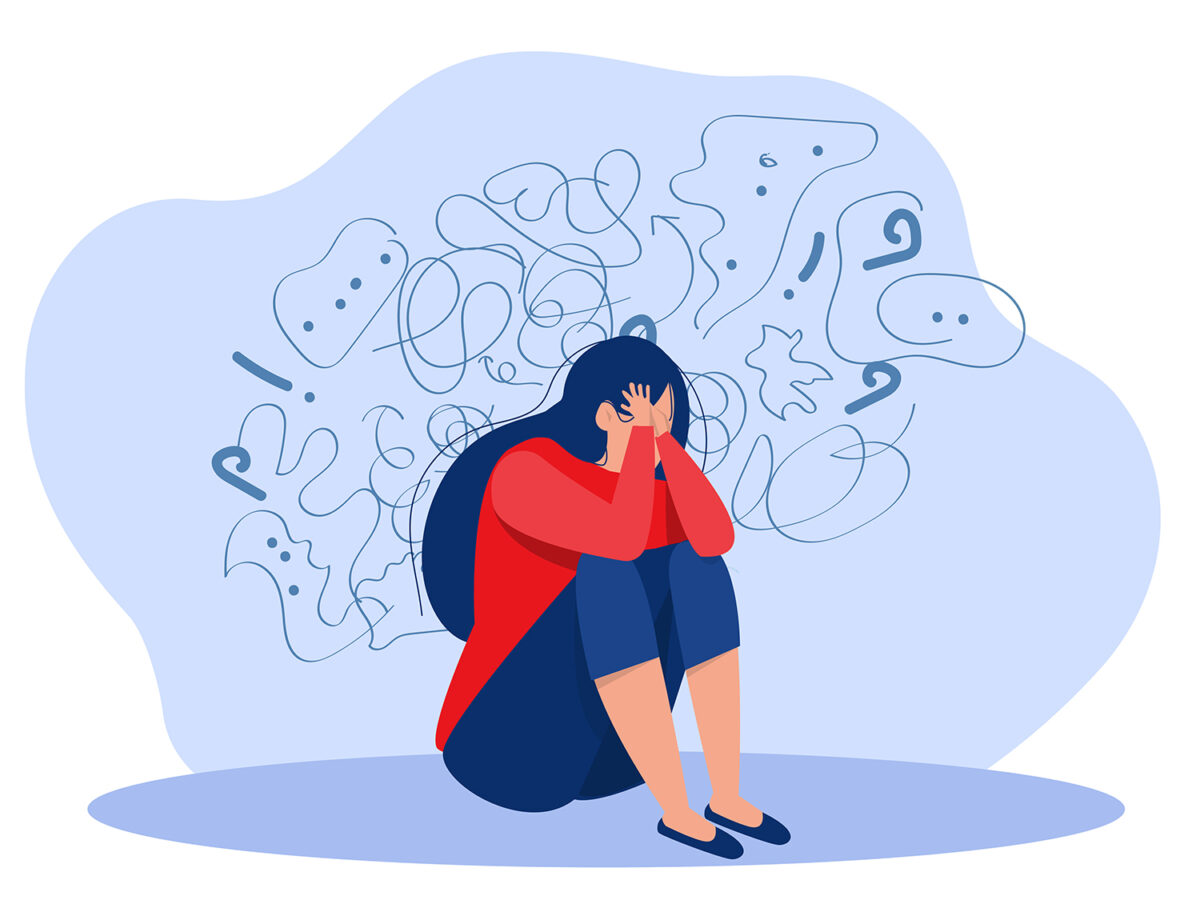Dr. Eva Ritvo is a psychiatrist with more than 25 years’ experience practicing in Miami Beach. She is the author of “Bekindr-The Transformative Power of Kindness” and the founder of the Bekindr Global Initiative, a movement to bring more kindness in the world. She is the co-author of “The Beauty Prescription” and “The Concise Guide to Marriage and Family Therapy.” She is also the co-founder of the Bold Beauty Project, a nonprofit that pairs women with disabilities with award-winning photographers creating art exhibitions to raise awareness.
Dr. Ritvo is the former Chair of Psychiatry and Behavioral Medicine at Mount Sinai Medical Center and the former Vice Chair of Psychiatry and Behavioral Sciences at the Miller School of Medicine at the University of Miami. She’s a Distinguished Fellow of the American Psychiatry Association and a member of the American College of Psychiatrists. Dr. Ritvo received her undergraduate and medical degrees from UCLA, and psychiatry residency training at Weill Cornell Medicine.
Hello Beverly Hills. A few months ago, I invited Courier readers to Bekindr. Now, with fall upon us and days beginning to get shorter, it seems like a great time to slow down a bit. We all need to reflect on the choices we are making and how they are impacting our health, well-being, and the future we are creating for ourselves. The quality of our lives depends so much on the decisions we make and the paths we choose.
I often hear my patients say, “I feel so lucky.” But after practicing for over 25 years, I am convinced that “luck” has very little to do with the quality of our lives. I have seen people in very challenging situations who are remarkably empowered with a strong sense of purpose and well-being. I have also seen the flip side of that coin. Many people who seem to have it all, in fact, feel quite unsatisfied. I am convinced that we can all make choices that improve how we feel. We are living in an extraordinary time filled with so much information and so many opportunities to improve our lives. Those committed to feeling better can obtain high levels of satisfaction. But like anything in life, it takes effort.
I have spent the last 18 months traveling around the U.S. and speaking to different groups about kindness. In my travels, one recurring theme has become clear. Most people are aware that they need to be kinder to themselves. We are living in very demanding times. In general, we are on information overload and many of us feel overwhelmed, stressed out, burnt out, and sometimes even numb. If we want to improve our lives and the lives of those around us, we must engage in better self- care. Like they say on an airplane, put the oxygen mask on yourself first.
When it comes to feeling our best, high quality sleep is essential. The American Academy of Sleep Medicine says 37 percent of workers are sleep deprived. As we age, the quality of our sleep declines and about half of older people report having some insomnia. According to the Center for Disease Control, 70 million Americans have sleep problems such as sleep apnea, restless leg syndrome, narcolepsy, or other disorders. If you think you have an undiagnosed or undertreated sleep disorder, make sure you talk to your doctor.
If you are short changing yourself on sleep in order to keep up with life’s demands, you might want to give that a second thought. Sleep deprivation leads to increased accidents and multiple medical illnesses including possibly Alzheimer’s disease and weight gain. Let’s start being kinder to ourselves by improving our quality of sleep and making every effort to get the recommended seven-to-eight hours that most adults need.
Tips for better sleep:
Turn off all electronic devices at least an hour before bedtime. Some experts recommend an hour and a half or even two hours. Switch to reading on paper to help wind down.
Listen to soft music, guided meditation or sounds of nature to help you relax and fall asleep. Apps such as Headspace and Calm also provide assistance.
Go to sleep and wake up at the same time, as much as possible. Some people find it helpful to set an alarm to know when to start getting ready for bed until the new habit becomes ingrained.
Use the bed only for the three S’s: sleeping, sex and sickness. Don’t train your brain that your bed is for lying around. Our brains love patterns so make sure you are giving yours ones you want to keep.
If you haven’t fallen asleep after 20 minutes, get up and move to another location. Return to bed when you think you are ready to fall asleep. You don’t want to get used to lying in bed awake. Remember the three S’s.
Avoid caffeine after 3 p.m. Older adults may need to stop caffeine even earlier. Remember that chocolate is also a source of caffeine and can disrupt sleep so skipping the chocolate cake or coffee ice cream at night may make you feel better the next day.
Use little or no alcohol before bed.
Alcohol may help you fall asleep, but it prevents you from entering the deep stages of sleep, so waking up and poor sleep quality are common after drinking.
Make your room conducive for sleep by making it dark and cooler. Experts say around 67 degrees is best, but it may be too cool for those of us used to California temperatures. Experiment to find the best sleep temperature for yourself.
Take a warm bath or shower shortly before bedtime. The heat releases a powerful chemical called Oxytocin that helps us sleep. A few drops of lavender essential oil in the water may serve as a calming agent. A 2018 study published in “Holistic Nursing Practice” confirms lavender’s effect on sleep. Snuggling in a warm blanket or cuddling up with a loved one or pet has a similar effect.
Some like to have warm, non-caffeinated tea before bed. Chamomile tea seems to help the most. Rituals and routines also remind the brain it’s time to sleep so consider making any of these changes part of your daily habits.
Many of us find it hard to stop the ruminating. A good plan is to sit down with a pen and paper at least a half hour before bedtime and write a “To Do List” for the next day. After it’s on paper, try to focus on a relaxing activity before getting into bed and train your brain to stop the “hamster wheeling”.
A weighted blanket can help maintain the quality of sleep throughout the night and prevent premature awakenings.
Avoid over the counter sleep remedies and prescription medication for extended periods of time unless supervised by your doctor.
If these techniques don’t work, talk with your doctor about other options. Generally, when we are better rested, we can make better choices throughout our day. We are calmer and happier. Better sleep can help set us on a path to make sure we are living our best lives.







